Last 2020, at least 47% of Americans have been victims of identity theft. That was a 2,920% increase when compared to the previous year. According to FTC (Federal Trade Commission), they received more than 1.4 million complaints. These illegal doers can use your identity for their monetary benefits. Unfortunately, this can have a damaging effect on your reputation. In this article, we will list a comprehensive Guide on how to prevent identity theft.
What is Identity Theft?
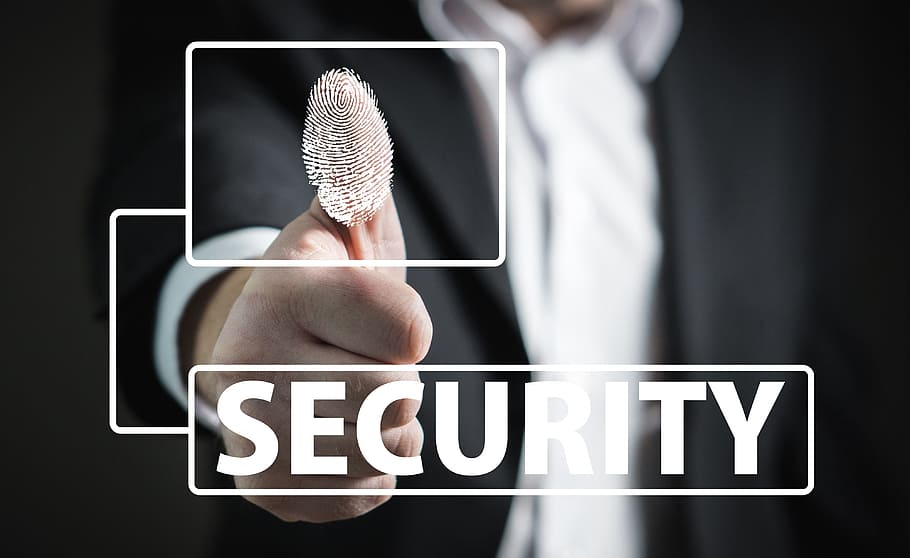
When someone uses your identity and sensitive information for their personal or monetary gains, that’s when this illegal activity happens. These thieves can do different things without you knowing, such as using your credit card, applying for a loan, stealing a tax refund, applying for utility service, etc. It means that your debts are piling up, and you have no idea about this. The data breaches that regularly happen in the online world suggest that you are exposed to the dangers of identity theft. It would be wise to take some preventive measures to guarantee that your information is secured and you are not at risk of ruining your life.
Types of Identity Theft
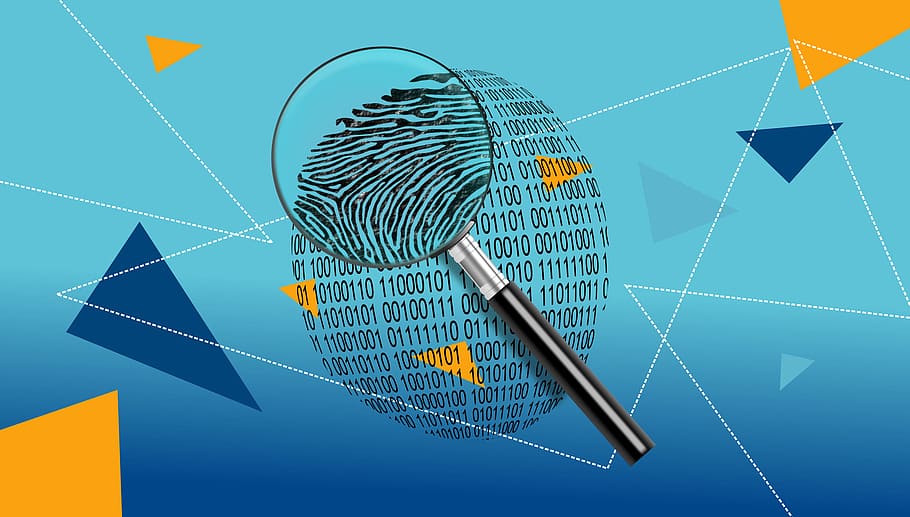
There are at least seven types of identity theft. Each of them presents a different level of danger to you and your loved ones. Therefore, you should be aware of the different ways to protect yourself from Identity Theft.
- Criminal- In this situation, an arrested person will give the name and address of another person during their investigation or arrest. They can quickly provide the police with false identification, such as fake IDs.
- Account Takeover- With the advent of social media platforms, some of us have been victims of account takeover. Nonetheless, this kind of theft can also extend to the financial account. Once the thief gets access to your account, they can change your password and email address, giving you no chance to retrieve your account.
- Medical- It is the process of getting medical benefits using another person’s identity. One of the dangers of identity theft is that it can leave a record in your medical history, leading to wrong health decisions.
- Taxpayer- In this unlawful doing, the fraudster will steal your SSN (Social Security Number) and file a tax return. They can then steal your tax credit or tax refunds.
- Synthetic- The fraudsters will create a fictitious account using your sensitive information. It could be the name of a minor or a persona that is completely made up most of the time. They will use this to apply for credit cards and loans.
- Child Identity Theft- Criminals will be using the child’s identity to apply for a loan. Usually, this illegal doing will only be discovered once your child applies for a student loan when going to college.
- Credit Identity- Criminals use personal information to apply for a credit line.
What Are Some Signs of Identity Theft?

Incidence like this can have a damaging effect on you and your loved ones. Knowing some of the apparent signs of this illegal doing will help you make swift decisions to prevent the situation from spiraling out of your control. Here are some signs to watch out for. It will also help you understand more what is identity theft.
- Absence of Bills in the Mail- If you used to get your bills in the mail, then it suddenly stopped. Always consider that your sensitive information may have been compromised. There’s a chance that someone has changed your mailing address to prevent you from seeing your bill.
- Rejected Credit Card or Loan Application- If you believe that you have a solid credit report, but the agency has rejected your application, you could have been a victim of identity theft. Also, look at the interest rate. If you have a clean credit history but the agency imposed a higher interest, you may have been a target of these criminals.
- Invoice for the Items You Haven’t Purchase- Receiving a bill for the items you can’t recognize is a strong sign that your information has been stolen.
- Charges You Don’t Know- If there are unauthorized transactions in your financial account, these fraudsters may have breached your personal data.
- Rejected Tax Return- Receiving a rejection from IRS for a tax return indicates a duplicate return.
- Small Charges- If there are small charges in your account, the criminals may have been testing your credit card. It is a common practice of thieves. The test purchase can be lower than $5.
- Suspicious Activity- Be alert on the text messages and calls from the credit company telling you about some suspicious activities.
How to Prevent Identity Theft

Nowadays, our sensitive information can be posted online without us being aware of it. Therefore, you need to be proactive in dealing with a possible data breach, especially if you notice the abovementioned signs. Our list of ways to protect yourself from identity theft is designed to create multiple barriers, discouraging the theft from stealing your info.
Password Can Create a Huge Difference
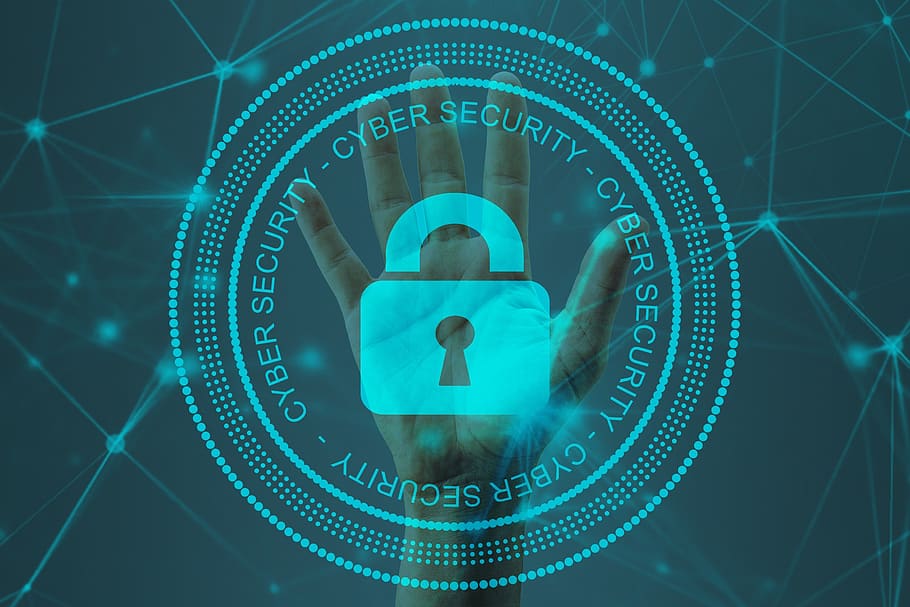
Based on the report, about 52% of Americans will not have a password on their device. It is like an open invitation to these fraudsters. If you lost your phone and it ended up in the wrong hands, all your information can be used in their illegal doings. Moreover, your loved ones can also be exposed to the dangers of identity theft. If you find it difficult to remember your accounts’ passwords, you should use a password manager. Remember that using the same password in all your account make it easier for these illegal doers to exploit your account. By mixing up your passwords and using something unique, you are taking some extra steps to protect your information. 1Password and LastPass are two excellent password management tools.
Look Out for Phishing Attempts
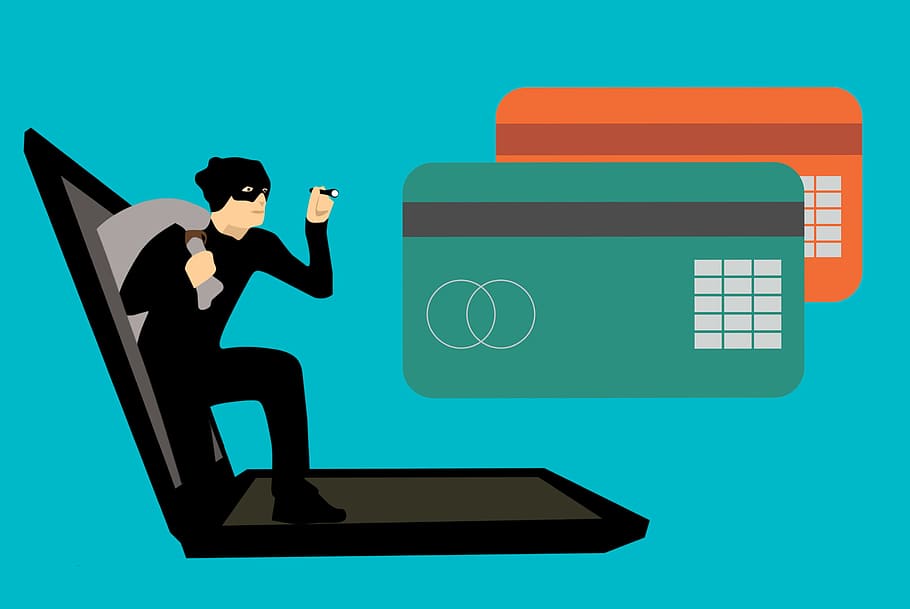
You should never click any suspicious-looking link in your text message or email to keep you safe from identity theft. Phishing is a form of cyberattack wherein the thieves will be using a fake website or email and make it appear like it is coming from a legit financial institution. They will trick you into giving up your data willingly. For instance, you could receive a message from your online banking system asking you to provide information due to the latest changes in their policy. You will be prompted to log in without knowing that this is only a replicated website. Email from a legitimate institution will usually be a company domain email address. It should not be a free Gmail or Outlook account. Also, you should never download any attachment on the email without scanning it first.
Avoid Giving Information Over the Phone

These fraudsters will pose as bank personnel and talk to you over the phone. Since you have no way to verify it and they are telling you that they are coming from a trusted institution, it will be easier for them to gain your trust. However, remember that no legitimate organization will ask for your sensitive information by phone. If you want to know how to prevent identity theft during this situation. Ask for the person’s name and their organization. Hang the phone and look for the company’s customer support hotline online and call them. Ask them to verify the identity of the person who contacted you. If someone told you that they are from IRS, it is likely an identity thief. They will not reach out to you by phone; they will mostly send a request through postal mail.
Monitor Your Credit Reports

Your credit report will include the different transactions that happened under your financial account. Therefore, it will be a perfect way to identify any discrepancies. It would be best to make it a habit to check it frequently to keep safe from the dangers of identity theft. If you spot something unfamiliar or suspicious, you should immediately take action before things worsen. You can visit AnnualCreditReport to receive a free report. Experian is also a good source for your credit report.
Keep Your Personal Document Protected

Your documents can expose you to the dangers of identity theft if you don’t properly manage and protect them. Your papers could include sensitive information that the identity thieves will find helpful in enacting their illegal doing; it can have your bank information, social security number, etc. Luckily there are simple yet effective ways to protect yourself. For instance, you should not leave your mail in your mailbox since it is the usual target of identity thieves. If you need to go out of town, you should ask a trusted person in the community to hold on to these documents until you return. Also, you should try to limit the paper mail that you are receiving, especially if it comes with sensitive information. It is best to sign-up for an electronic statement.
You should also be careful in disposing of your documents with information. Some thieves will dig into your trash to unearth the information they need. You should destroy these papers by shredding them. To remain safe from identity theft, avoid leaving any trail of documents such as your receipt for your latest purchase, credit card, and Atm invoice.
Limiting Your Exposure
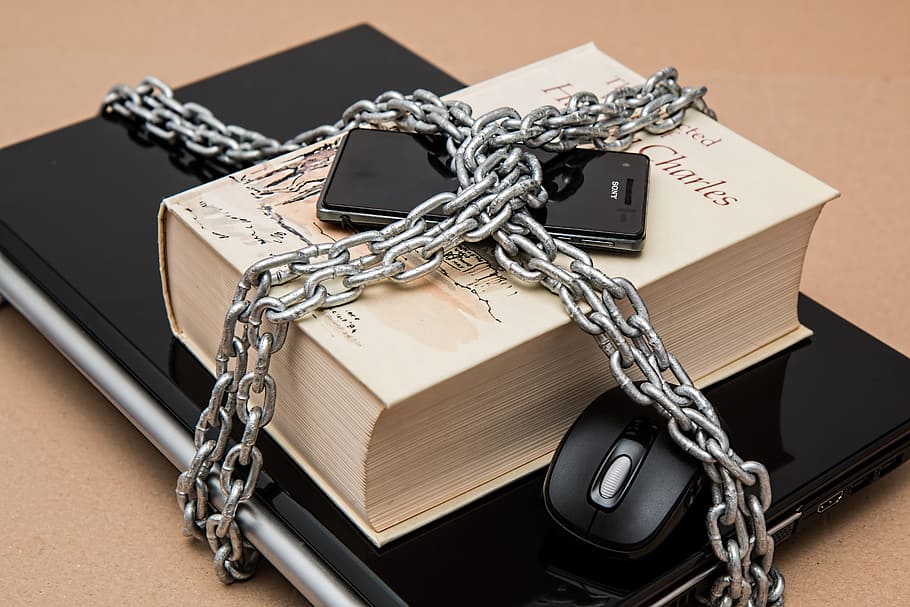
Another effective way to reduce the risk of being victimized by these identity thieves would be to limit the number of credit cards you are using. With this, it will be easier to minimize the impact or control the situation if it has been stolen. You should also not carry your Social Security Number in your wallet. You need to keep it in a safe place and protect it from the dangers of identity theft.
What to Do If You Are a Victim of Identity Theft?

If you notice something unfamiliar or suspicious in your financial transaction, your swift action can help you turn around the situation. Once these illegal doers realize that they can get away with their illegal doings, they will continue their activity. It will be more difficult for you to recover from this situation. Be sure to take some of these necessary steps.
Review the Report
Whether you have been a victim of Criminal or Medical Identity Theft, be sure that you will take some of your time to review your report. If you notice an account utterly unfamiliar to you or if something appears suspicious to you, be sure that you will address this at once.
Filing for an Identity Report

Once you confirm that your identity has been stolen, you should take the necessary time to report the incident. It will include filing for a report at the FTC (Federal Trade Commission). You should also file a police report for an incident of identity theft. You should also call the credit company to explain your situation.
Request a Security Freeze or Fraud Alert
By filing for a security freeze and fraud alert, you will be able to prevent any future identity theft from happening. You can quickly notify the creditors that you could have been a possible victim of illegal activity with a fraud alert. It will prompt them to reach out to you and go through an identity verification process. The security freeze request will prevent any person from viewing your report. Therefore, it will prevent others from opening a credit account under your name.
Dispute the Unrecognized Transaction

If you suspect that you have been a victim of identity theft since you can’t recognize a particular transaction in your credit report, make sure that you will dispute it with the specific credit agency. Usually, this will be resolved in a matter of 30 days. If the agency confirms that this is an unauthorized transaction, this will be removed from your report.
You need to protect yourself from the dangers of identity theft. However, if you have been a victim of these fraudsters and it is damaging your reputation, reach out to Reputation Treatment, and we will help you fix your online credibility.